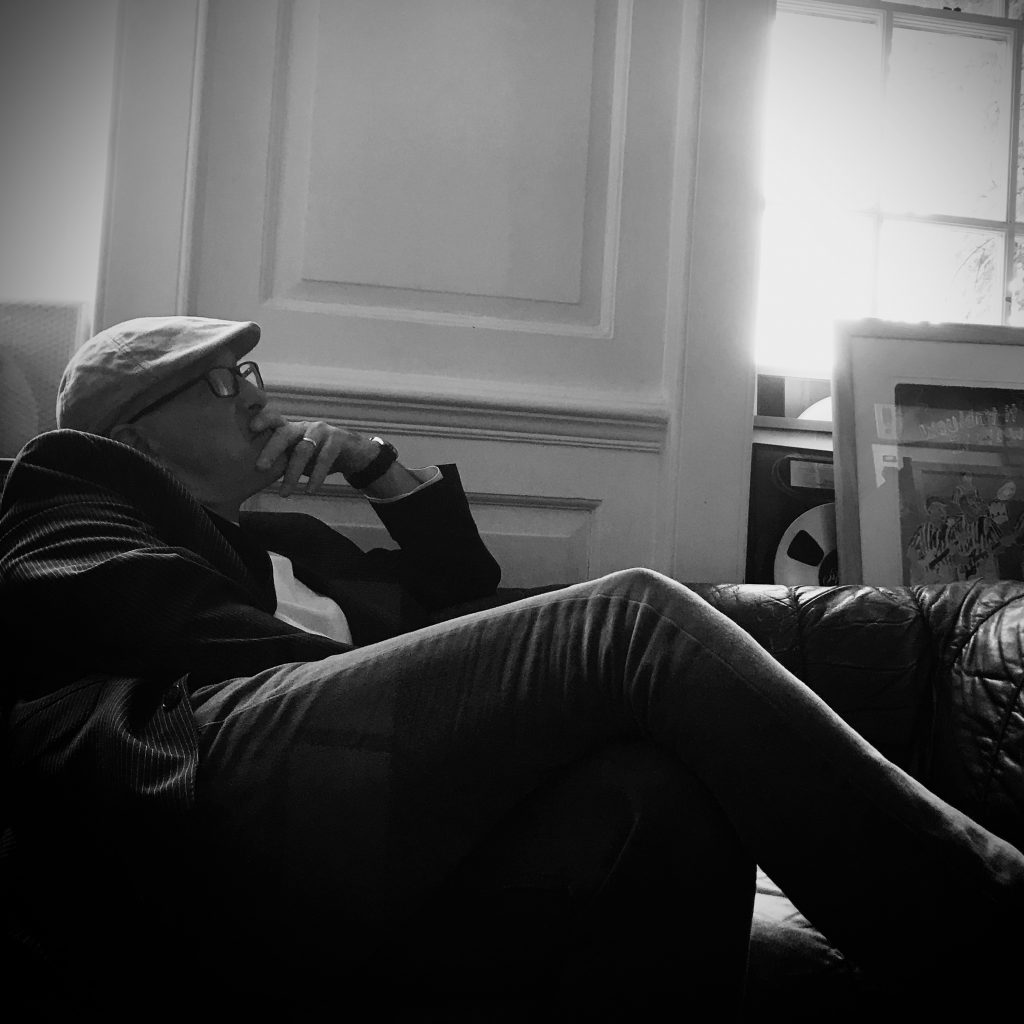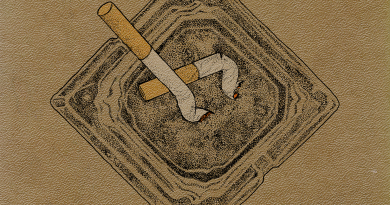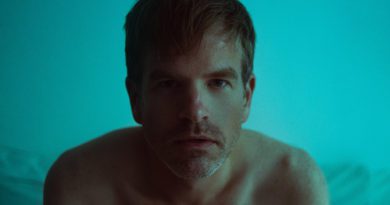A Chat with James Henry (26.07.21)
Influenced by acts like The Beatles, Frank Zappa, The Turtles, Weezer, The Pretenders and BB King, singer-songwriter James Henry’s music is a melting pot of sound. A veteran musician, Henry has been part of the UK music scene since the 1980s. A few decades on and he is still releasing fantastic melodies. We speak with James Henry about his latest album Pluck, advice for emerging artists, early memories and much more!
OSR: What drew you to music?
Henry: My sister, who is ten years older than me, was a big factor. When I was around five or six, we would often listen to music together. She had The Beatles For Sale and Help albums and I remember dancing and singing along with her to those records. I think ‘The Night Before’ from Help was one of my early favourites. I remember seeing a schools programme which showed the 70’s band 10cc recording one of their tracks. I thought “that looks interesting”.
When I went to senior school, I made a friend who had an ELECTRIC guitar and a practice amp. I went round to see it and figured I needed one. After pestering my parents, they got me a very cheap acoustic – a brown thing with a thick, white scratchplate on it. I began to pick stuff out on that and haven’t really looked back.
OSR: What is the backstory to your album Pluck?
Henry: A few years prior to October 2019, I’d been recording all the Pluck material but never had the finances in place to release all of it independently. Most of the final mixes had that 70’s new wave/power-pop/aggressive-melodic feel to them that I’d always liked in other artists such as mid-60s Beatles, Squeeze, Rockpile and The Who.
I’d not listened to my Pluck songs for some time and when I eventually did in that September/October period I was genuinely surprised and excited by them and felt they would make a good album. Once I was in that position to put it out, I approached Nick Beggs to do the cover art and Jon Astley of Close To The Edge to master the mixes I’d done. I felt one song, in particular, stood out as a potential single. Mr Astley agreed and advised me to get ‘A Girl Like You’ remixed by someone he knew called Adrian Hall, who did ultimately give it a contemporary sheen and some extra impact.
The pandemic lockdowns actually provided a lot of breathing space to evaluate where I was with my music and with Pluck, so I found that new spare time very useful.
OSR: What was the writing and recording process like?
Henry: Most of the songs on Pluck had been written quite some time before recording. That process generally starts with a germ of an idea which I try to whip into some shape with a guitar as quickly as possible. Normally, I’d then switch on my phone voice recorder and mumble some gibberish for a lyric to help flesh out the initial idea. In doing this, a lyric will often suggest itself – this happened with ‘Cinema Haze’ which I thought was a stupid sort of title but turned out to be ideal subject matter for a song about a tormented film critic.
I have a little hand-held Zoom 4-track recorder which I frequently use to develop ideas further, sometimes double-tracking or harmonising vocal lines. I have a few of those 4-track demos lying around, many of which formed the basis of the eventual master recordings for Pluck. I really enjoy the recording process – I’m lucky that I’m able to programme drums and keyboard parts as well as play guitars and sing, although I do miss working with other musicians. Generally, I know what I want in terms of sound and have a reasonable idea of how to achieve it working by myself.
OSR: If you could change anything about Pluck what would it be?
Henry: I’d probably want to put one less aggressive, slower tempo song in there somewhere, to perhaps provide a bit of shade in amongst all the “light”. Mainly, I am very pleased with the album. My intention was to release a pretty energetic collection.
OSR: How would you describe your music?
Henry: Melodic pop with lots of edgy guitars, harmonies, guitar noises and handclaps.
OSR: Do you have any advice for upcoming artists?
Henry: Get a tolerable part-time job whilst trying to make your way in pop music. Keep practising. Listen to and absorb as many different types of music as you can.

OSR: What is the most exciting thing about being a musician?
Henry: For me, it’s the development of an idea through to a finished recording. It’s a good way to help overcome shyness and it’s great to be able to express yourself on an instrument.
OSR: What is the most challenging thing about being a musician?
Henry: As you get older, the late nights as a performer get harder to bear. Maintaining a level of competence as a writer and performer is a challenge. A lack of steady income and time away from home can be tough.
OSR: What is your earliest memory?
Henry: My earliest musical memory involves seeing The Beatles perform ‘Hey Jude’ on an English TV show. Beyond that, I remember being a page boy at my cousin’s wedding in Cumbria. I would have been nearly five years old. My dad had a minor crash in our hired car on the way up from Liverpool. As a result, my auntie hit her forehead on the windscreen in the passenger seat and sustained a cut (seatbelts weren’t compulsory in those days). Earlier, in the back seat, I helpfully threw up over my lap. Even today, I can still get car sick…
OSR: Do you have any future plans as an artist?
Henry: Only world domination…or, more realistically, I’d like to put out a few more albums and gain some more listeners. That’s not beyond the realms of possibility. Having some music placed in a film or TV show would be a nice touch, as would putting a decent band together for some live shows. If I could make a sustainable living as a musician that would be the ultimate achievement.
Thanks to James Henry for speaking with us. For more from James Henry check out his official website, Facebook, Twitter, Instagram and Spotify.


